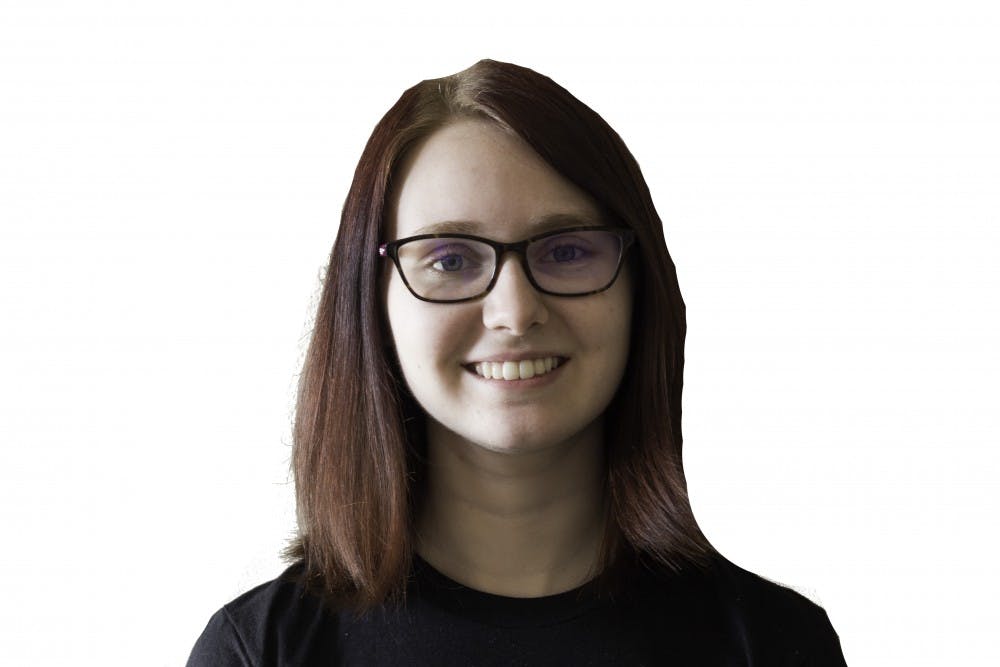COLUMN: Dibs is a headache for those who don't like confrontation
At the beginning of Spring semester, the Charles V. Park Library adopted a new system for checking out study rooms: Dibs.
Dibs allows students to reserve individual and group study rooms from their phones and laptops over a week in advance.
It seemed like a great alternative to the old system: calling the library to find out if a study room was available, making a reservation and going to the checkout desk to pick up a key for the study room.
While Dibs eliminated my phone anxiety, it sparked a much worse stressor.
Dibs relies on the honor system, with the hope that students who reserve a room will use their study room for the predetermined amount of time. However, since the study room doors are unlocked, many students work in study rooms they haven’t reserved.
CMU Libraries study room policy states that students who haven’t reserved a room may be asked to leave, and I’m sure most students are fine with leaving. However, I, like many others, don’t want to ask people to leave.
I hate confrontation. I don’t know how a person is going to react. For every person who is perfectly fine moving to a different study room, there’s another person who gets angry when asked to leave. I don’t want to find out which type of person is in the room.
The burden of making people leave study rooms shouldn't be left to students. We're all just trying to get homework done and pass our classes. Library staff shouldn't have to patrol study rooms either, though.
A good way to prevent this issue would be going back to using keys, or perhaps installing keypads with unique codes, so only the person with the reservation can enter. Keeping the rooms unlocked isn’t the best way to go about it.
What’s equally frustrating is being asked to leave a room, whether you have reserved it or not. Sometimes when I'm in a study room, big groups of students will ask to use the room, explaining that they need it more because they have more people.
This issue comes from the lack of variety in study rooms. There are a bunch of single-person study rooms and large group study rooms that can seat at least seven people. Most group projects don’t have 10 people in a group, so study rooms that hold 10 plus people aren’t really necessary. Adding some smaller group study rooms for two to five people could eliminate this problem.
However, there are some benefits to Dibs. With the online platform, students can see how many rooms are available and can reserve rooms on their computer or mobile devices. Plus, reservations can be made in advance.
Dean of Libraries Kathy Irwin said the 2018 Spring semester was used as an experimental period for Dibs. Changes were made over the summer, such as extending the reservation window from eight to 16 days and increasing the number of simultaneous reservations students can have from one to two.
Based on a survey sent to study room users, 76 percent of users liked Dibs compared to the original system, which only 59 percent of users liked.
According to the same survey, 80 percent of users knock on the door of study rooms to tell occupants they have a reservation. For the other 20 percent, including myself, getting a study room is a daunting endeavor.
Irwin said CMU Libraries does not plan on reverting back to checking out keys, but is looking into other online reservation software.
For those who also feel strongly about Dibs or other procedures in the library, Irwin said there are monthly feedback sessions students can attend.
Dibs was designed to make it easier to reserve a study room, but it has made it harder to actually use that study room.







